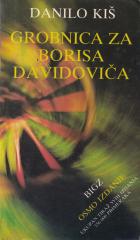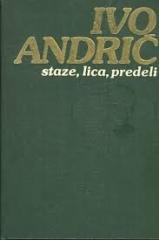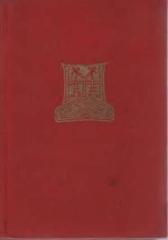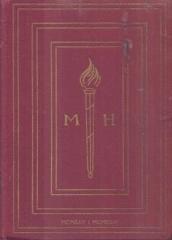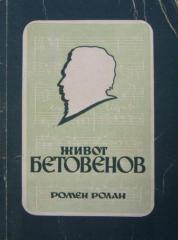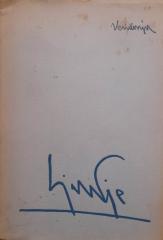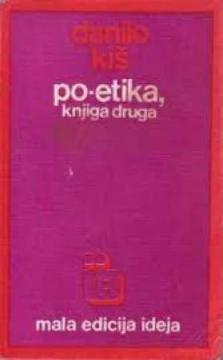
Po-etika, knjiga druga
Zbirka intervjua koja nadopunjuje prvu knjigu eseja iz 1972. Kao lektor za srpskohrvatski na Univerzitetu u Bordou, Kiš u razgovorima otkriva srž svoje „po-etike“ – moralno i estetski nabijene vizije književnosti kao posljednjeg utočišta ljudskog duha.
Citat iz knjige: „umetnost je... još poslednja instanca, poslednje utočište ljudskog duha. Kad budu svi roktali svojim svinjskim srcima, poslednji koji će još gledati ljudskim očima i osećati ljudskim srcem biće oni kojima ne bejaše strano iskustvo umetnosti.“
Rođen 1935. u Subotici u mješovitoj židovsko-crnogorskoj obitelji, Kiš gubi oca Eduarda u Aušvicu 1944., što duboko oblikuje njegov svjetonazor: teme smrti, traume, identiteta i historije prožimaju njegov opus, od „Peščanika“ (1972.) do „Grobnice za Borisa Davidoviča“ (1976.). U intervjuima, inspiriran Nabokovom i ruskim formalistima (Šklovski, Ejhenbaum), zagovara palimpsest – slojevito brisanje i prepisivanje teksta do apsolutnog, iako neuhvatljivog principa. Kritizira „autopastiš“ (samopovrtanje) i generalizirajuću kritiku, preferirajući fragmentaciju, ironiju i oneobičavanje umjesto lirskog sentimentalizma ili ideoloških programa. Njegova poetika je „nesretna i rezignirana“: nesretna zbog nedosljednosti zahtjeva, rezignirana pred njihovom nedostižnostima, ali uporna u suočavanju s biografskom „hvatanjem“ (Sartre) i anksioznošću pred smrću.
Knjiga sadrži razgovore o utjecajima (Prust, Andrić), književnoj formi (od prve do treće osobe, fragmenti u „Peščaniku“ s 67 dijelova), politici (odbijanje socrealizma, borba protiv nepravde bez ideologije) i egzistencijalnim pitanjima. Kasnije, dijelovi su uključeni u „Homo poeticus“ (1983.), Kišov izbor eseja i intervjua, dok je cjelina posthumno objavljena u „Skladištu“ (1995.). Kao simbol intelektualnog otpora, „Po-etika“ utječe na europsku književnost, prevedena na brojne jezike, naglašavajući književnost kao pitanje, ne odgovor – u svijetu gdje historija proždire pojedinca. Kiš, umro 1989. u Parizu, ostaje glas suprotstavljen zaboravu: „Brojanje je talisman protiv smrti.“
One copy is available
